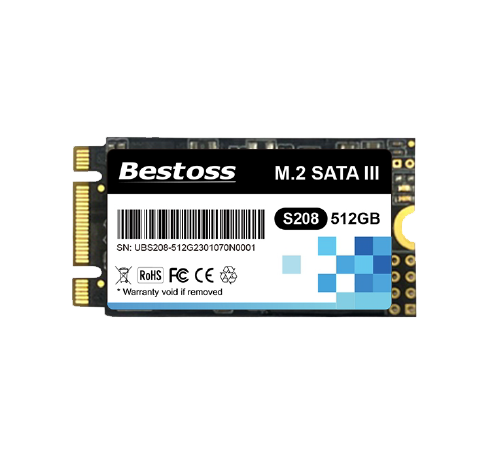
When it comes to storage options for your computer or laptop, two main players dominate the field: Solid State Drives (SSD) and Hard Disk Drives (HDD). Both have their merits, but choosing the right one depends on your specific needs and priorities. In this comprehensive guide, we'll explore the differences between SSD and HDD storage and help you make an informed decision.
One of the standout features of SSDs is their incredible speed. They have no moving parts and can access data almost instantly, resulting in quicker boot times, faster application launches, and snappier overall performance. If speed is a top priority, SSDs are the way to go.
HDDs, on the other hand, rely on spinning disks and mechanical read/write heads. While they have been around for decades and are reliable, they are comparatively slower than SSDs. They are better suited for tasks that don't require lightning-fast speed.

SSDs are known for their durability. Since they lack moving parts, they are less prone to damage from drops or shocks. This makes them an excellent choice for laptops or portable devices that are on the move.
HDDs are more sensitive to physical movements and can be damaged if dropped or bumped while in use. They are best suited for stationary desktop computers.
SSD storage capacities have been steadily increasing, with options ranging from 128GB to several terabytes. While they may still be pricier than HDDs for higher capacities, they are becoming more affordable over time.
HDDs offer more storage for your money, making them an attractive choice for those who need ample space for large files, such as videos and photos. If you're on a budget and need a lot of storage, HDDs are a cost-effective solution.
SSDs are virtually silent since they have no moving parts. Additionally, they are energy-efficient, which can lead to longer battery life in laptops.
HDDs produce audible noise due to the spinning disks and moving parts. They also consume more power, which can impact laptop battery life.
In the SSD vs. HDD battle, the choice ultimately depends on your specific needs. SSDs excel in speed, durability, and energy efficiency, making them ideal for those seeking top-notch performance and reliability. On the other hand, HDDs offer more storage capacity at a lower cost, making them suitable for users with large storage needs on a budget.
At Bestoss, we understand the importance of storage solutions tailored to your unique requirements. Our high-quality SSDs provide the speed, reliability, and performance you need for a seamless computing experience. Whether you prioritize speed or storage capacity, Bestoss has the right SSD for you. Make the smart choice and elevate your storage with Bestoss SSDs today.